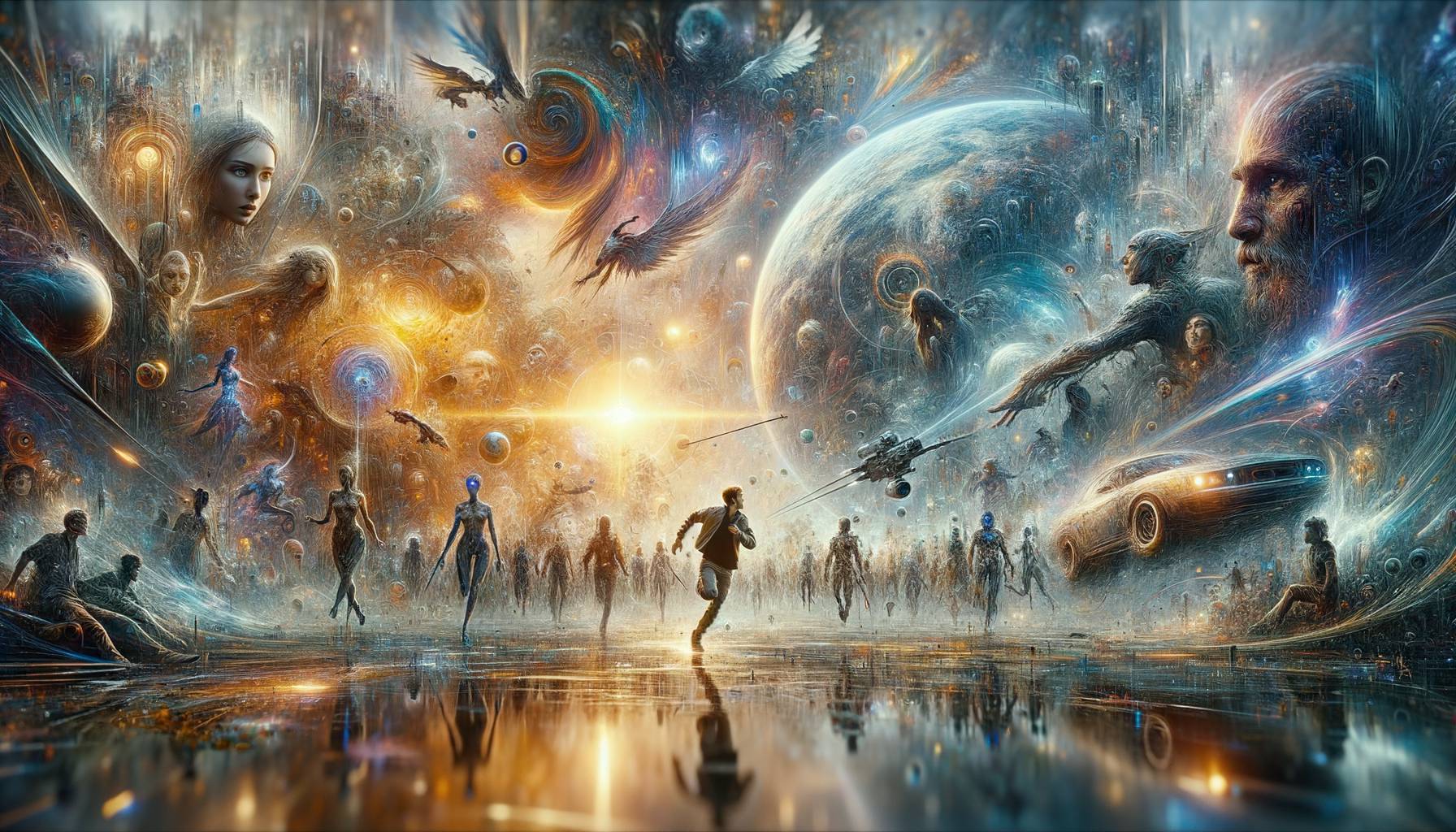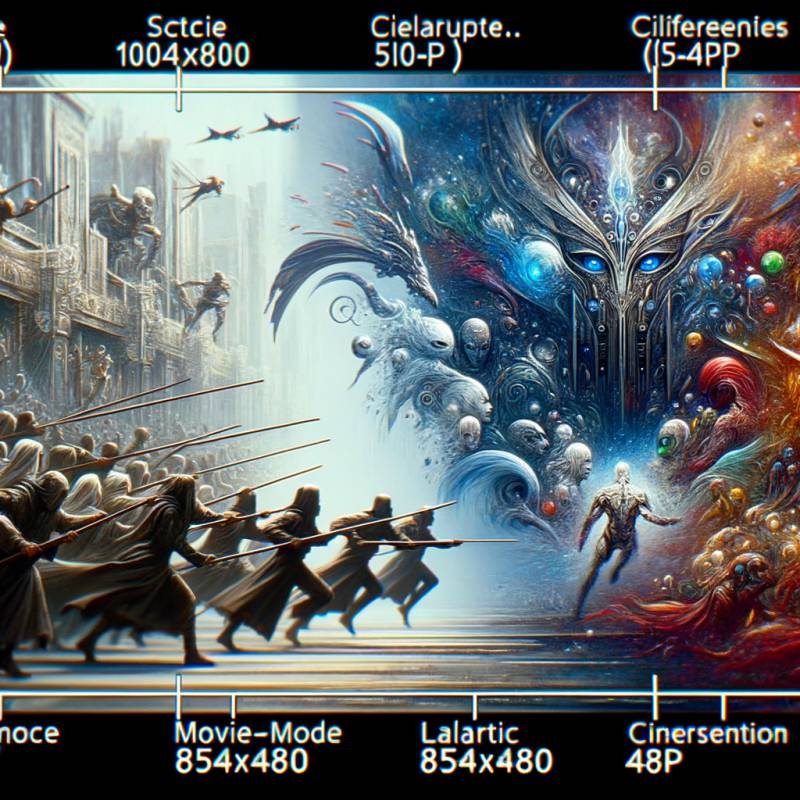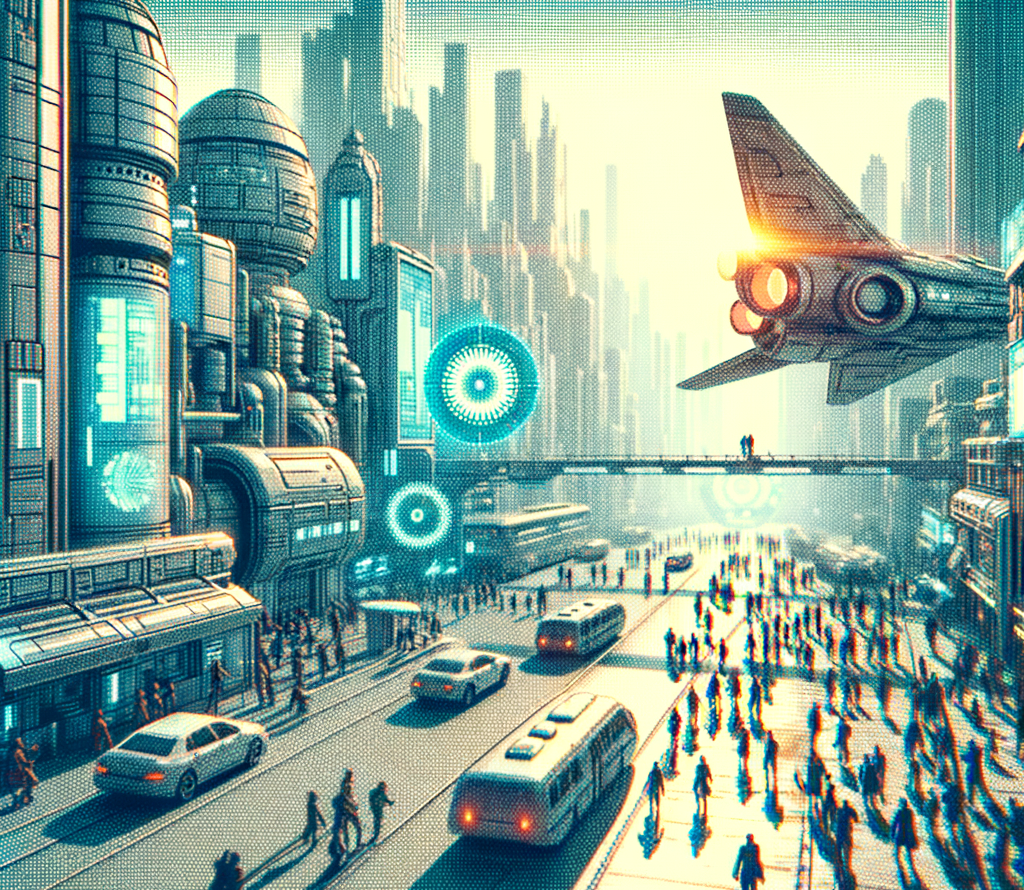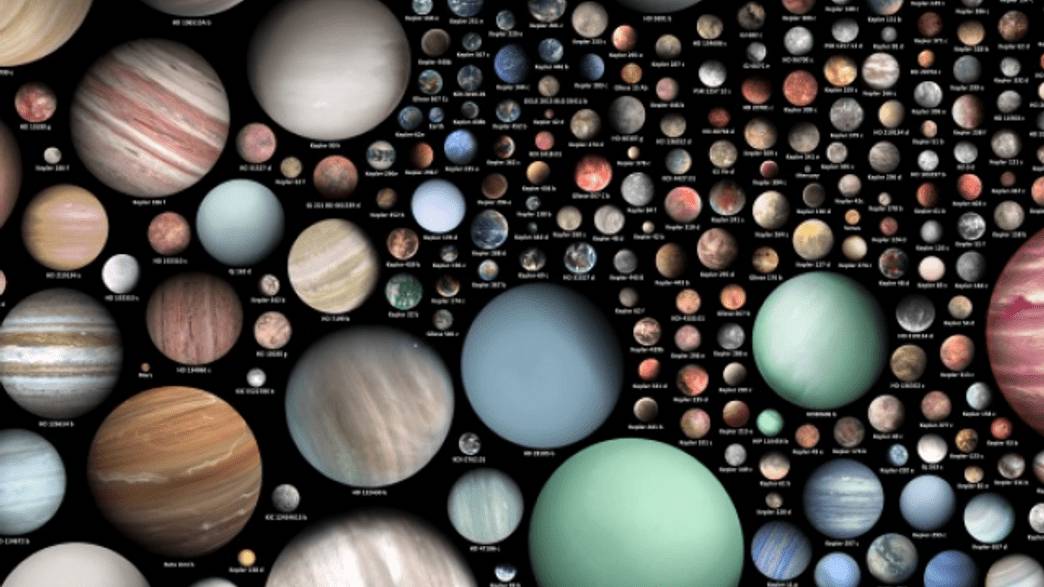Cultural Differences in Science Fiction Filmmaking

Science fiction, a genre that transcends boundaries and explores the unknown, has been a staple in the film industry for decades. However, the way it is portrayed and interpreted can vary greatly across different cultures. This article delves into the fascinating world of sci-fi filmmaking, comparing the themes and styles of sci-fi movies across different cultures.
Western Science Fiction: A Focus on Technology and Dystopia
Western science fiction, particularly from Hollywood, often revolves around advanced technology, dystopian futures, and alien invasions. Films like Blade Runner, The Matrix, and Star Wars are prime examples of this trend. These movies often reflect societal fears and anxieties, using futuristic settings and advanced technology as a backdrop for exploring deeper themes.
As film scholar Vivian Sobchack notes, “American science fiction films have a propensity for depicting future worlds that mirror contemporary social fears.”¹ This is evident in the dystopian themes prevalent in many Western sci-fi films.
Japanese Science Fiction: A Blend of Tradition and Futurism
Japanese science fiction, on the other hand, often blends traditional elements with futuristic concepts. This is evident in films like Akira and Ghost in the Shell, which combine cyberpunk aesthetics with themes of identity and humanity. Japanese sci-fi also frequently features robots and artificial intelligence, reflecting the country’s fascination with technology and its potential implications for society.
As cultural critic Susan Napier states, “Japanese science fiction is characterized by a synthesis of technology and tradition, reflecting the country’s rapid modernization and its struggle to maintain its cultural identity.”²
Indian Science Fiction: Mythology Meets Modernity
Indian science fiction often incorporates elements of mythology and spirituality, reflecting the country’s rich cultural heritage. Films like Robot and PK blend sci-fi elements with traditional Indian themes, creating a unique fusion of past and future. Indian sci-fi also often includes social commentary, using the genre as a platform to explore societal issues.
According to film scholar Anupama Chopra, “Indian science fiction is a reflection of the country’s complex cultural fabric, blending ancient mythology with modern technology to create a unique cinematic experience.”³
Conclusion: A Universe of Diversity
Science fiction filmmaking is a diverse field, with different cultures bringing their unique perspectives and themes to the genre. Whether it’s the dystopian futures of Western sci-fi, the blend of tradition and futurism in Japanese films, or the fusion of mythology and modernity in Indian cinema, each culture adds its unique flavor to the genre, making it a truly global phenomenon.
As we continue to explore the unknown through the lens of science fiction, it’s clear that cultural differences play a crucial role in shaping our visions of the future. And in a genre that’s all about exploring new frontiers, this diversity is not just welcome, it’s essential.
Footnotes:
¹ Sobchack, Vivian. “Screening Space: The American Science Fiction Film.” New Brunswick, NJ: Rutgers University Press, 1997.
² Napier, Susan. “Anime from Akira to Howl’s Moving Castle: Experiencing Contemporary Japanese Animation.” New York: Palgrave Macmillan, 2005.
³ Chopra, Anupama. “Bollywood: The Indian Cinema Story.” London: Channel 4 Books, 2002.



